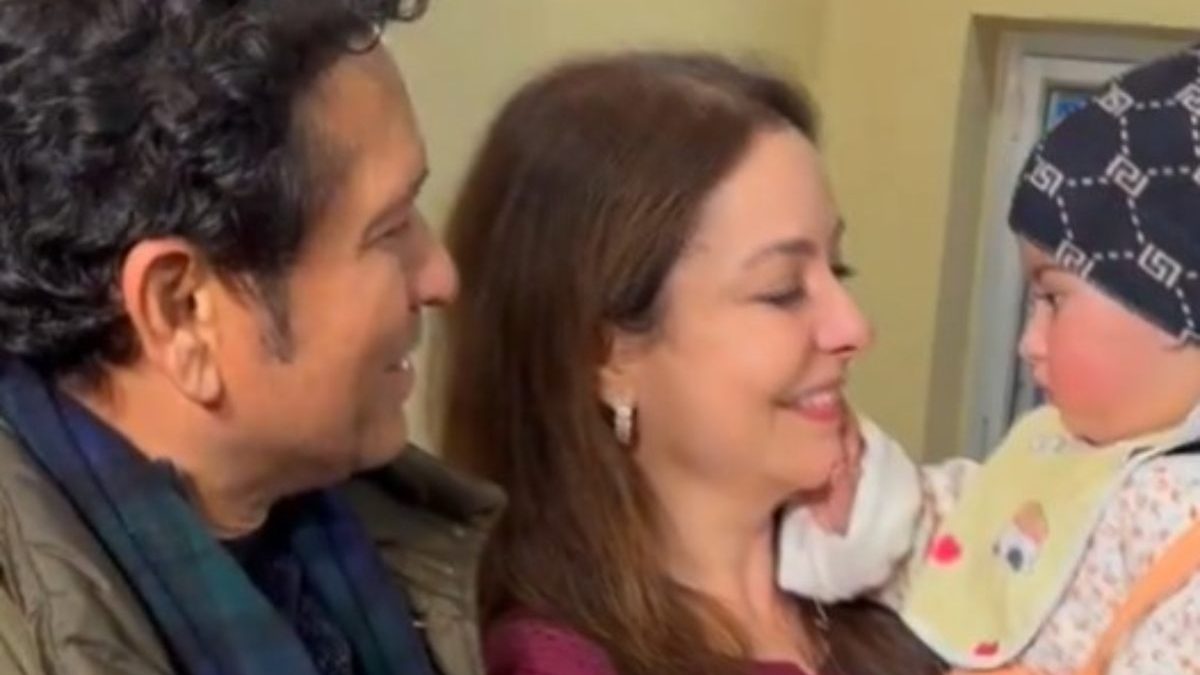It is enough to make one want to scream!
Just five months ago, various sections of the ruling class seemed to be at the end of their tether with regard to Kashmir. Enraged teenagers held large parts of the Valley to ransom for several months. During that time, India’s Parliament humiliated itself by knocking on various leaders doors, only to be rebuffed. The army was called out in Kupwara and right across south Kashmir - although that last resort that was not used even when there was a greater rage on the streets in 2010.
There is every reason to believe that the unrest of 2016 has only subsided; it is not over. Anger still simmers. Indeed, many observers within Kashmir not only predict more unrest in 2017 but that it will surface much earlier in the year than it did in 2016.
And yet, various sections of what pass for political leaders have been playing short-term politics of the sort that prioritises expected advantage to one’s party over the national interest or the objective of long-term stable peace.
Even National Conference leader Farooq Abdullah did it in early December. And Mehbooba Mufti’s government did it in July.
The latest is the controversy over granting domicile certificates to those who are called ‘West Pakistan refugees’ in the state. These are the about 100,000 descendants of those who, during the murderous mayhem of the 1947 Partition violence, scrambled across the border from Pakistani Punjab into areas around Jammu.
Many of them are of Dalit background and have little political or economic clout. Ergo, they need positive discrimination from the state more than others.
The ‘West Pakistan refugees’ are distinct from those who fled that horrible year from Mirpur and Muzaffarabad areas on what are now Pakistan-controlled parts of the state of Jammu and Kashmir. Large numbers of them and their descendants too live in Jammu - with all the rights of state subjects.
Several states, including Himachal, deny domicile rights to those who are not, or are not descended from, longtime residents. However, the denial of domicile rights — which basically boils down to access to state educational institutions, state government jobs and ownership of freehold property — to those who have been residents of the state for 70 years is clearly unjustified.
There can be no doubt that, owing to the special circumstances of their migration to the state, and the length of these families’ stay, they deserve the domicile status they were given a few days ago.
However, this is an inappropriate time to grant it. For, that grant has been resisted for decades by Kashmiri Muslims who fear that domicile status could be a first step towards their getting full citizenship of the state. That, they fear, could dilute their own demographic and political domination.
Explosive situation
I have pointed out before that the Kashmiri uprising of 2016 was different to the uprising of 2010 or 2008. One, Pakistan has been in far greater control this year than it was, particularly in 2008. Two, India does not face Pakistan alone on the battlefield that Kashmir has become. It is a Sino-Pak axis now. Three, the challenge may only have begun to emerge. Worse lies ahead than we experienced in 2016.
Of course, the BJP feels pressure to fulfill the poll promise it made to the refugees. Politically, it touches more than the 100,000 persons it directly affects, for the issue strikes a chord among many in the Jammu-Samba-Udhampur-Katra heartland of Hindu identity consciousness. So the BJP would fear an electoral backlash if its promise remains unfulfilled.
And yet, the dangers inherent in implementing this at this point are huge. Intelligence analysts may have advised that the beginning of the peak of an extraordinarily cold winter was the safest time to do it. Energy is low as people across the Valley try and cope with the cold and power outages.
Yet, anger over the issue has gathered steam. Hartals and stone-pelting demonstrations have begun again over the past few days. Independence leaders such as JKLF chief Yasin Malik and Bar Association president Abdul Qayoom have been given a fresh lease of popular support to demonstrate against the domicile status.
Once again, Pulwama has been a hub of unrest. The generally well-informed Ghulam Rasool Pandit had predicted to me that the unrest would revive again in 2017. “Why do you talk about summer?” he asked. “It could begin much sooner.” When I asked him about spring, he smiled laconically and asked why I did not consider January. Pandit is well connected on both sides of the conflict. His son, Naseer, became one of the best-known and popular militants of the area after he left the police to take up the gun. Naseer was killed last spring.
At that time, the police and government had made much of having demolished the insurgency with arrests and ‘kills’ of militants. A couple of months later, they seemed to be at the end of their tether in the face of mass rage.
The move to give West Pakistan Refugees domicile status may be entirely deserved on the face of it, but it stems from a similar sense of misplaced complacency. The nation may have to pay a huge price for such complacency and narrow political calculations.


)




)
)
)
)
)
)
)
)